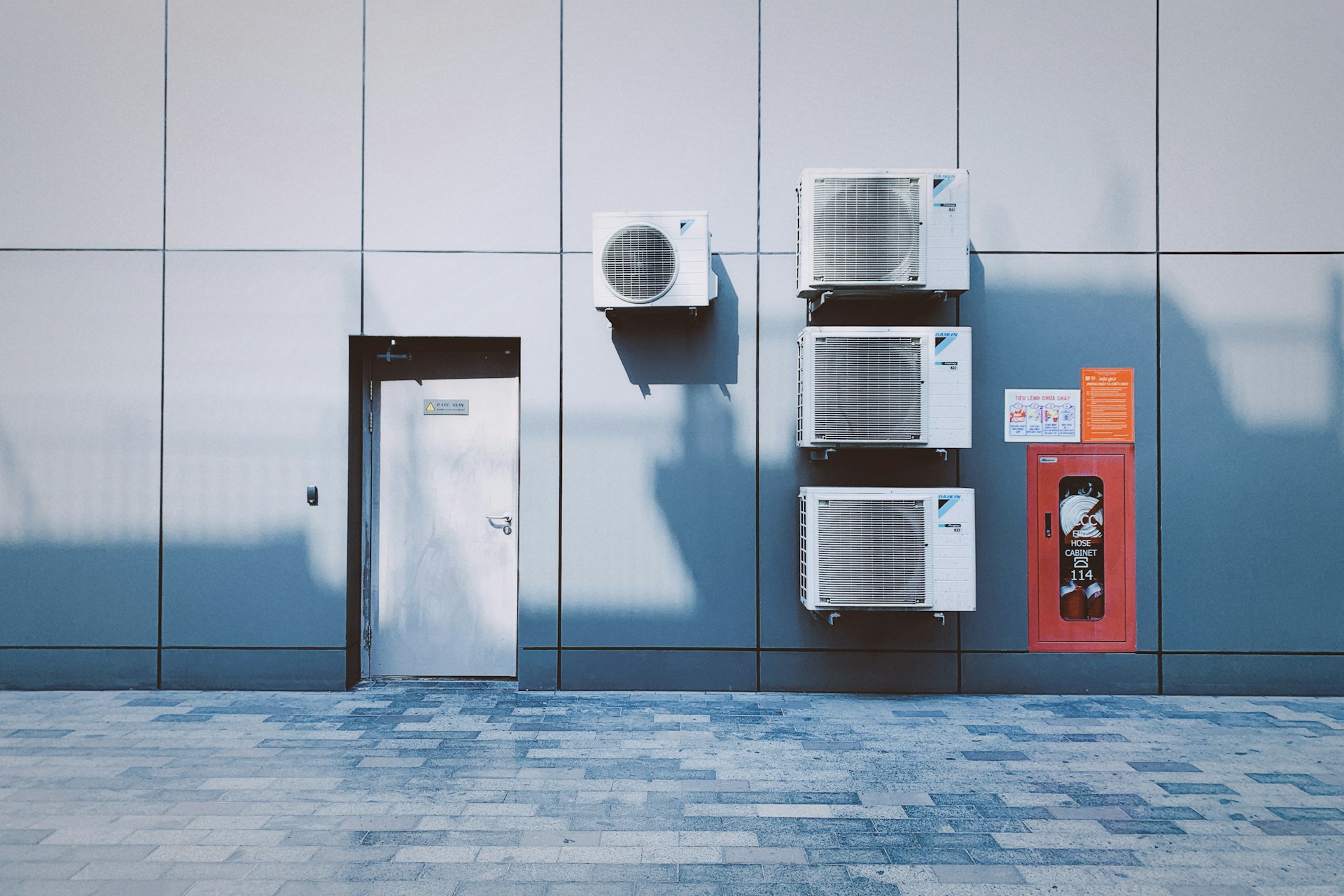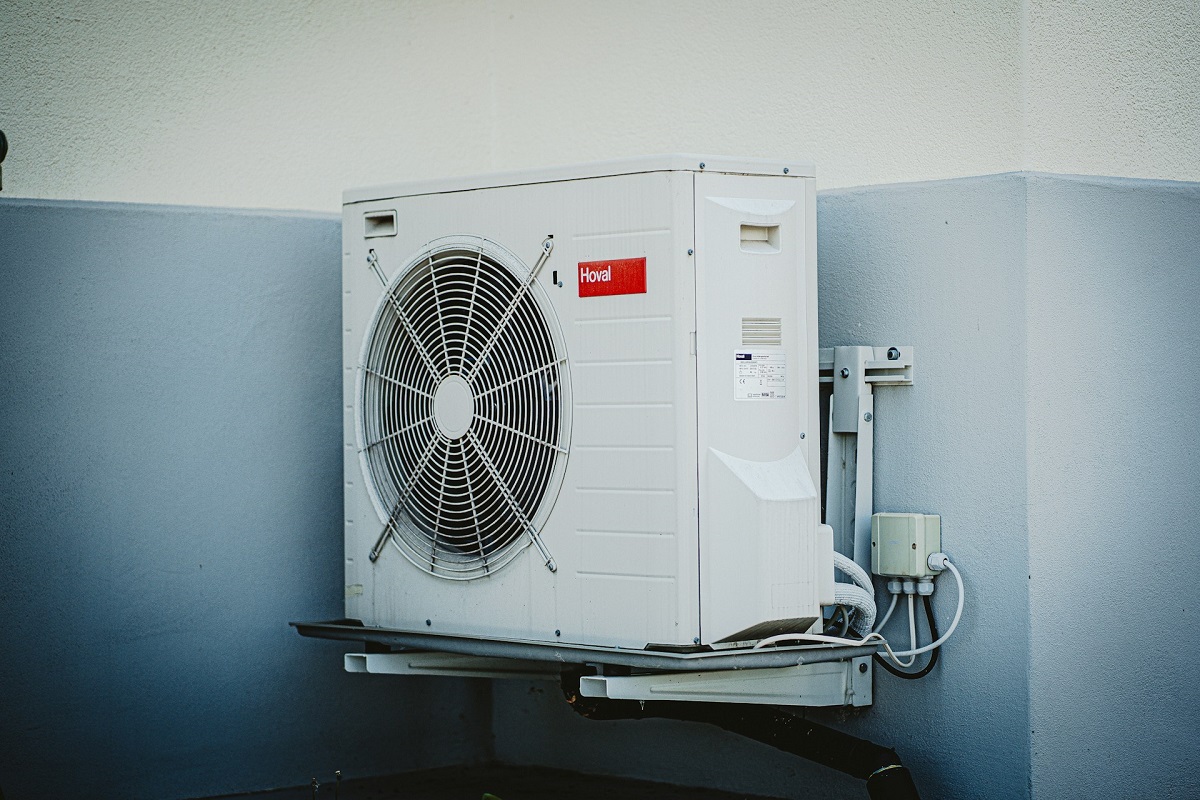
Are you tired of sweating through scorching summers or shivering during frosty winters? If so, you are not alone. Many homeowners grapple with the challenge of maintaining their HVAC systems for optimal performance year-round. So, we have decided to share with you the best tips for HVAC maintenance.
But fear not, because help is at hand. In this guide, we will discuss some crucial air conditioning service tips that can save you from sweltering in discomfort or shivering in the cold.
Whether you are a seasoned homeowner or new to HVAC maintenance, these 11 tips are essential for keeping your system running smoothly.
So, let’s get started to find out the best tips for HVAC maintenance.
- 11 Tips for HVAC Maintenance to Help You Stay Comfortable
- 1. Regularly Replace Air Filters
- 2. Clean Vents and Registers
- 3. Inspect and Clean Ductwork
- 4. Check Thermostat Settings
- 5. Schedule Professional Maintenance
- 6. Keep Outdoor Unit Clear
- 7. Monitor Refrigerant Levels
- 8. Inspect and Clean Coils
- 9. Check Condensate Drain
- 10. Seal Leaks and Insulate
- 11. Upgrade to Energy-Efficient Equipment
- Final Words
11 Tips for HVAC Maintenance to Help You Stay Comfortable

Here are some helpful air conditioning service tips and the best tips for HVAC maintenance that will help you keep it up.
1. Regularly Replace Air Filters
Changing air filters every 1-3 months is vital to prevent dust and debris buildup. When filters are clogged, airflow becomes restricted, diminishing indoor air quality and forcing the HVAC system to work harder, leading to inefficiency and potentially costly repairs.
Regular replacement ensures optimal airflow, maintains air quality, and prolongs the lifespan of your HVAC system, ultimately ensuring consistent comfort and lower energy bills.
2. Clean Vents and Registers
Regular cleaning of vents and registers is essential for maintaining proper airflow throughout your home. Accumulated dust and debris can obstruct airflow, causing uneven heating or cooling and reducing the system’s efficiency.
By keeping these components clean, you ensure that air can circulate freely, maximizing comfort, improving energy efficiency, and minimizing the risk of allergens circulating in your indoor air, promoting a healthier living environment.
3. Inspect and Clean Ductwork
Periodic inspection and cleaning of ductwork are crucial for maintaining efficient HVAC performance. Over time, ducts can develop leaks, blockages, or accumulate dust and debris, hindering airflow and compromising indoor air quality.
Regular maintenance ensures that ducts remain clear and free of obstructions, allowing the system to operate efficiently, deliver consistent comfort, and reduce the risk of respiratory issues associated with poor indoor air quality, promoting a healthier living environment.
4. Check Thermostat Settings
Proper thermostat settings are essential for optimizing comfort and energy efficiency. Setting the thermostat to appropriate temperatures for different times of day and seasons helps reduce energy consumption while ensuring a comfortable indoor environment.
Programmable thermostats allow for automated temperature adjustments, further improving efficiency.
By regularly checking and adjusting thermostat settings, you can minimize energy waste, lower utility costs, and maintain consistent comfort throughout your home.
5. Schedule Professional Maintenance
Regular maintenance by a qualified technician is crucial for ensuring the longevity and efficiency of your HVAC system. Professional inspections and tune-ups identify and address potential issues before they escalate, preventing costly repairs and system failures.
Additionally, routine maintenance helps optimize performance, improve energy efficiency, and ensure consistent indoor comfort year-round, providing peace of mind and reducing the risk of unexpected breakdowns or disruptions to your home’s heating and cooling.
6. Keep Outdoor Unit Clear
Maintaining clearance around the outdoor unit is essential for optimal HVAC performance. Debris, foliage, and other obstructions can restrict airflow, causing the system to work harder and less efficiently.
Regularly clearing the area around the outdoor unit promotes proper ventilation, prevents overheating, and extends the lifespan of the equipment.
By keeping the outdoor unit clear, you ensure reliable operation, lower energy consumption, and consistent comfort in your home.
7. Monitor Refrigerant Levels
Regular monitoring of refrigerant levels is critical for ensuring proper HVAC function. Insufficient refrigerant can impair cooling performance, leading to decreased efficiency and potential system damage.
Periodic checks by a qualified technician ensure that refrigerant levels are adequate, preventing issues such as ice formation on the evaporator coil or compressor damage. By maintaining optimal refrigerant levels, you ensure efficient operation, consistent comfort, and prolong the lifespan of your HVAC system.
8. Inspect and Clean Coils
Cleaning evaporator and condenser coils is essential for maintaining HVAC efficiency and performance. Over time, these coils can become coated with dirt, dust, and other debris, hindering heat exchange and reducing system efficiency.
Regular inspection and cleaning remove buildup, allowing the coils to operate efficiently and effectively transfer heat. By keeping coils clean, you ensure optimal HVAC performance, lower energy consumption, and consistent indoor comfort throughout your home.
9. Check Condensate Drain
Regular inspection and cleaning of the condensate drain are vital for preventing water damage and mold growth.
A clogged or blocked condensate drain can lead to water backup, resulting in leaks, water damage, and potential mold or mildew growth. Periodic maintenance ensures that the drain remains clear and allows condensate to drain properly, preventing moisture-related issues and preserving indoor air quality.
By maintaining the condensate drain, you ensure the reliable operation of your HVAC system and protect your home from water damage and indoor air pollutants.
10. Seal Leaks and Insulate
Sealing leaks and adding insulation are effective ways to improve energy efficiency and comfort in your home. Air leaks around windows, doors, and ductwork allow conditioned air to escape, leading to energy waste and uneven heating or cooling.
By sealing these leaks and adding insulation to attics, walls, and crawl spaces, you can minimize heat transfer, reduce energy consumption, and maintain consistent indoor temperatures. Proper insulation and air sealing create a more comfortable living environment, improve HVAC efficiency, and lower utility costs.
11. Upgrade to Energy-Efficient Equipment
Upgrading to energy-efficient HVAC equipment offers numerous benefits, including improved performance, lower energy bills, and reduced environmental impact. Modern systems feature advanced technologies such as variable-speed compressors, high-efficiency motors, and smart thermostats, optimizing comfort and efficiency while minimizing energy consumption.
By investing in energy-efficient equipment, you can enjoy greater comfort, lower operating costs, and a smaller carbon footprint, contributing to a more sustainable and environmentally friendly home.
Final Words
Summing up, these were the best tips for HVAC maintenance. By following these HVAC maintenance tips, you can ensure your HVAC system operates efficiently, extends its lifespan, and keeps you comfortable throughout the year.
If you are in search of services like AC maintenance services or heating maintenance in New Orleans, Optimum Air Solutions experts are always here to help you.
So, take proactive steps to care for your HVAC system, and enjoy reliable performance and comfort for years to come.
continue reading
Related Posts
When you’re dealing with heating and cooling, getting good work
It’s a pain when your furnace breaks down out of






